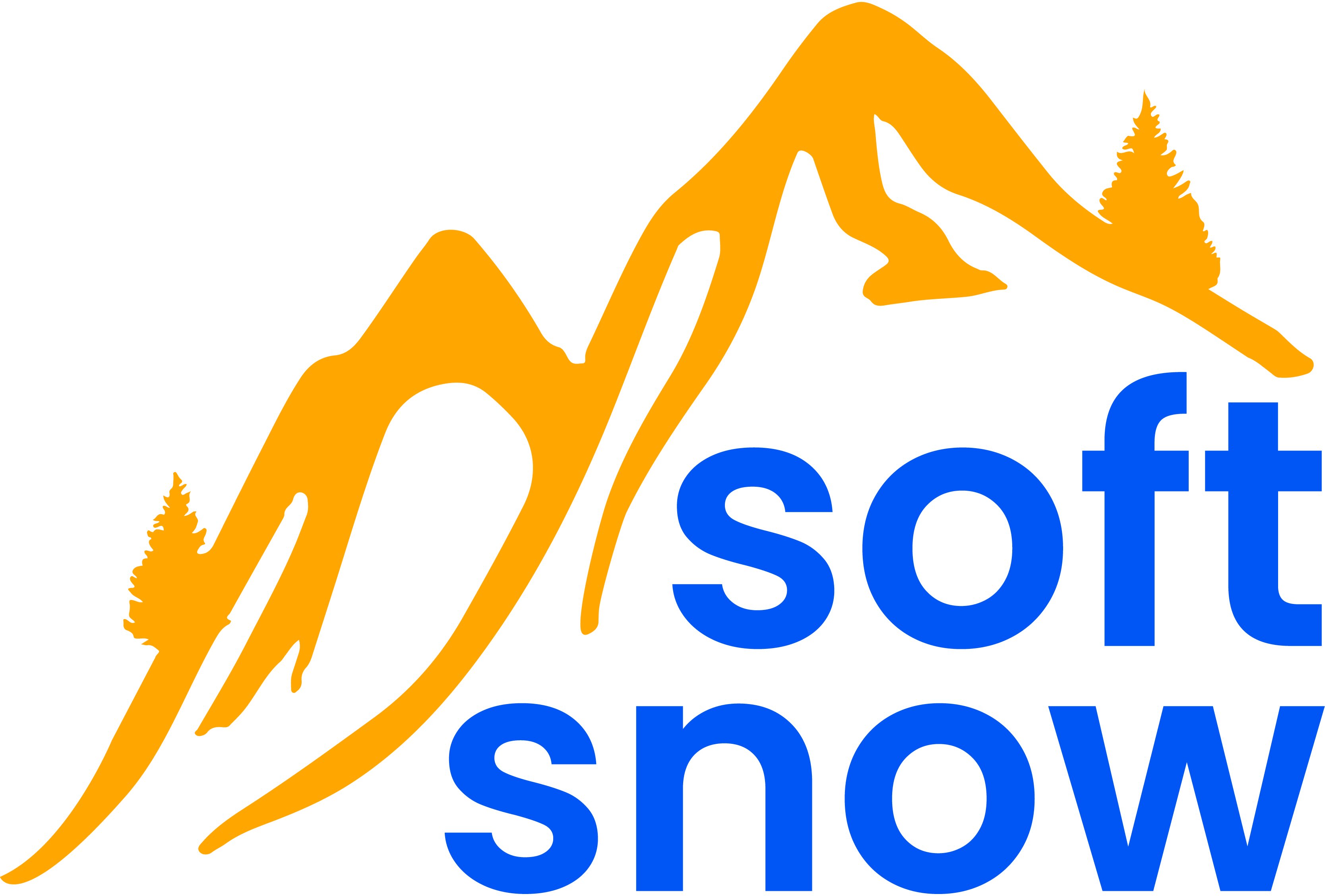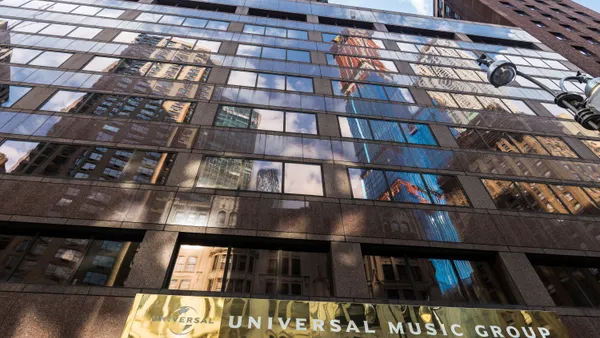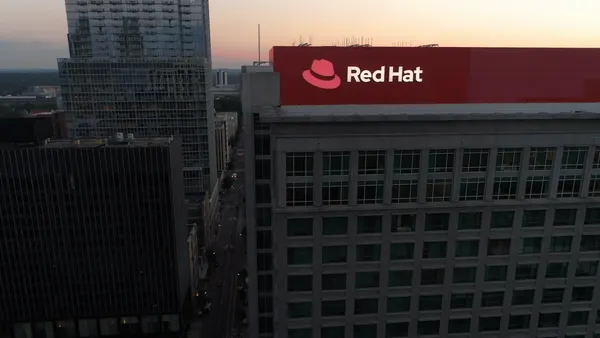Dive Brief:
-
Cornell University is the newest academic institution to join the Consortium for Sequencing the Food Supply Chain, a high-tech food safety initiative that includes IBM Research, Mars Inc. and Bio-Rad Laboratories Inc., according to an IBM announcement.
-
The consortium is working to develop high-tech sequencing combined with bioinformatics to help secure the world’s milk supply against contamination.
-
Because Americans consume more than 600 pounds of milk and milk-based products per person per year, the consortium wants to take some of the risk out of the supply. The group wants to create a new tool to monitor anomalies in raw milk that could be at the root of safety hazards or fraud.
Dive Insight:
IBM believes sequencing and artificial intelligence can help food inspectors and biologists detect anomalies in milk and flag them to help minimize the chance that tainted or unsafe milk will reach the final consumer. Sequencing makes it easier to identify abnormalities in a food product.
As computing applications like AI and machine learning become more sophisticated and easier to use, they can be applied to tackle a broad range of problems scientists have struggled with for years. Using such technologies, scientists can catch things that would have taken much more time and effort before. Rather than detecting concerns by hand, scientists can assign the tasks to machines.
Tech is becoming more common in food safety scenarios in particular. Last fall, Walmart announced it was testing blockchain technology to speed up the process of identifying and removing recalled food. Currently, it can take days to identify and remove a product once a customer becomes sick. Using blockchain, Walmart can conduct more targeted recalls rather than pulling all products from the shelves when a recall is announced.













